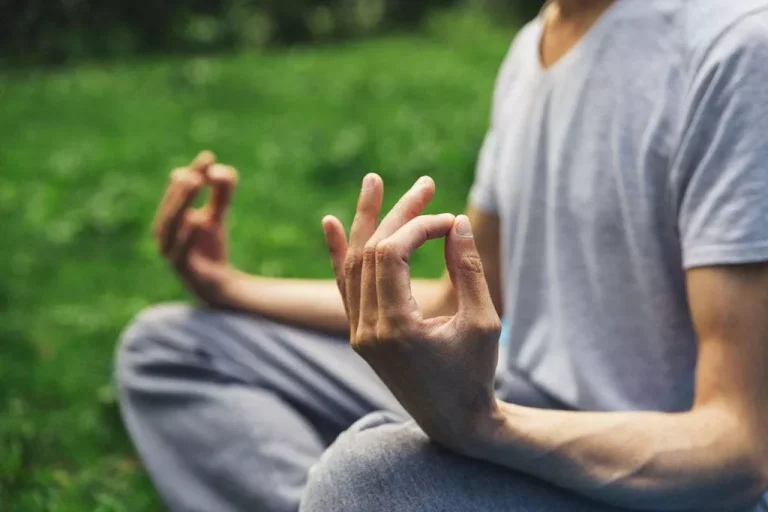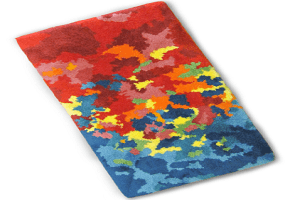
In the last couple of years, programs like Hello Sunday Morning have been encouraging people to take a break from drinking. And by making this more socially acceptable, they may also be decreasing the negative feedback some people receive for not drinking, although this is a theory that needs testing. If you think you may have alcohol use disorder, consider speaking why do i like being drunk with a healthcare or mental health professional.

Articles
It is determined largely by, first, the value that the person places on drugs and, second, the person’s expected chances of being able to get the desired benefits from their use. This view can be applied to explain the reasons why people decide to drink. Although being drunk can feel fun to begin with, it is a sign that alcohol has temporarily changed how the brain functions. Continuing to drink when already feeling drunk can increase a person’s risk of complications. Consider how you learned about alcohol’s “positive effects.” Beliefs about the positive effects of alcohol predict future drinking behavior. Long before kids even begin to drink, they’ve already learned their alcohol expectancies from their parents, peers, and the media.
What Does Alcohol Do to Your Brain?
- “For example, a person who habitually becomes aggressive when intoxicated likely has tendencies toward aggression and frustration when sober as well,” says Edmonds.
- They subtly reinforce our beliefs that alcohol equals good times and pleasure.
- Keep in mind that it isn’t just the number of drinks you have, but also the type, since some bevvies have higher alcohol content than others.
- Over time, your brain has to make changes to compensate for the effects of alcohol.
- Because alcohol reduces our inhibitions, it makes us more likely to act impulsively.
But for others, it might mean doing something truly dangerous, like driving drunk or taking a dive off the roof. You might recognize some of these “types of drunks” in Halfway house yourself or your friends or family. Influencers and campaigns like #SoberLife and #SobrietyJourney promoting sober lifestyles have further normalized and celebrated alcohol-free living. Social media platforms like Instagram and TikTok are powerful drivers of Gen Z’s relationship with alcohol. These platforms provide spaces for sharing alcohol’s risks while celebrating alternatives. According to the World Health Organization, alcohol is linked to more than 200 health conditions, including cancer and liver disease.
What are the health risks associated with drinking?

As a result, individuals may engage in risky behaviors, such as driving under the influence or making poor financial decisions. The experience of alcohol intoxication is different for each person. Those who have not experienced alcohol intoxication may wonder what it feels like to be “drunk.” It can affect mood, speech, judgment, and more.
- Research suggests that about 0.05 BAC is the level where people reach maximum giddiness.
- In addition to physical symptoms, being drunk can lead to a range of emotional and psychological effects.
- Studies show a link between increased alcohol consumption and unsafe sex—not to mention that drunk sex is not consensual sex.
- It is important to note that even after the initial feeling of drunkenness wears off, alcohol can still impair cognitive and motor functions.
- Drunk, they become emboldened—now with an autonomous, and possibly outrageous, voice of their own.
- Here are some of the different ways alcohol may affect your personality, and when you should worry about your relationship with alcohol.
Impaired Judgment and Decision-Making
Conversely, in a negative social context, alcohol can exacerbate conflicts and lead to aggressive behavior. Individuals who are already experiencing stress or anger may become more volatile when drunk, resulting in arguments and physical altercations. At this stage, significant loss of coordination and memory blackouts can occur after consuming 4-5 drinks for women and 5+ for men. Individuals may struggle to remember events and make coherent decisions.




 Round Rugs
Round Rugs  Wool Rugs
Wool Rugs  Vintage Rugs
Vintage Rugs 


 Carpet Tiles
Carpet Tiles  Carpet
Carpet 
 Embossed Rug
Embossed Rug  Plain Rug
Plain Rug 
 2.5'*4'
2.5'*4'  2'*3'
2'*3'  3'*5'
3'*5'  5*7.5
5*7.5 













 Artificial Grass
Artificial Grass  Mats
Mats 
 Soil
Soil  Fertilizer
Fertilizer  Pesticides
Pesticides